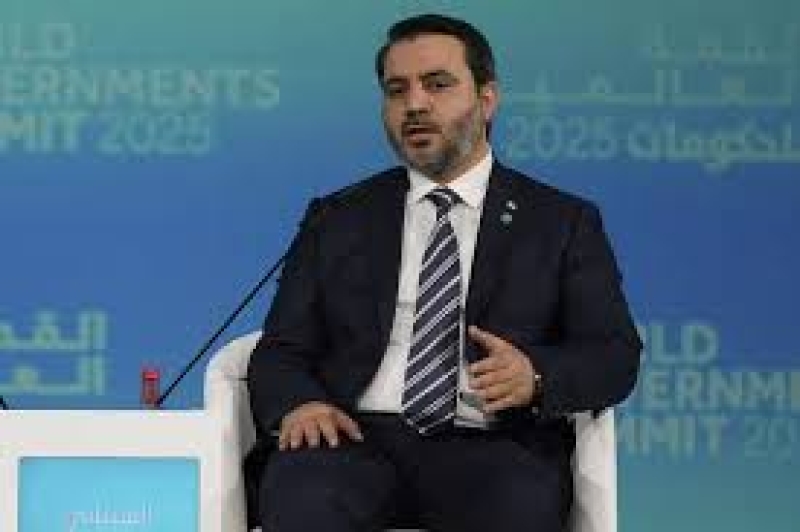- Automated Weather Station (AWS) at SAU |
- UN says former BD govt behind possible 'crimes against humanity' |
- UN report finds brutal, systematic repression of July protests |
- At AI Summit, diplomats mull destiny of tech revolution |
- Reaching for stars: We know answers to support women in STEM |
Syria's Interim FM Calls Russia-Iran Ties an an “open wound”

Syria’s interim foreign minister, Asaad al-Shibani, described the country's relations with Russia and Iran as an “open wound” for the Syrian people, due to the support those nations provided to President Bashar Assad during the brutal civil war. Speaking at the World Governments Summit in Dubai on Wednesday, al-Shibani acknowledged some “positive” developments from both Moscow and Tehran but refrained from elaborating further.
The foreign minister emphasized the new Syrian government's intent to improve ties with the West and secure the lifting of sanctions, aiming to rebuild Syria after 14 years of war. "Syria has recovered its freedom and dignity after decades of despotism," al-Shibani stated. "It’s a new period of peace and peace-building."
His attendance at the summit marked a significant moment in Syria’s evolving diplomatic efforts. The summit highlighted the former rebel group's push to build international relationships following the December ousting of Assad. The UAE, having reopened its embassy in Syria in 2018, has played a role in bridging ties with Damascus, and even hosted Assad's visit in 2022, advocating for his reintegration into the Arab world despite the violence associated with his regime.
Al-Shibani's primary concerns include the ongoing U.S. and European Union sanctions, which he believes are tied to the Assad regime’s repression. With estimates suggesting Syria needs at least $250 billion to rebuild, the foreign minister argued that lifting sanctions is essential to restore the country's economy. “It’s only natural to lift them now,” he said.
A former protester against Assad during the 2011 Arab Spring uprisings, al-Shibani later became active in rebel groups and attended the World Economic Forum in Davos. He was appointed Syria’s interim foreign minister in December after a rebel-led offensive overthrew Assad’s 54-year rule, and a new government is set to take power on March 1.
Despite strides in diplomatic efforts, al-Shibani remains critical of Syria’s relations with Russia and Iran. Both countries have maintained significant military and strategic interests in Syria—Russia with its Mediterranean base and Iran using Syria as a route to supply Hezbollah and other allied forces. Al-Shibani acknowledged that these ties caused deep pain for the Syrian people, stating, “Syrian people have wounds and pain that they suffered at the hands of these two countries." He added that for any future relationship to heal, “the Syrian people must feel comfortable with this relationship.”
Tensions with Russia and Iran, however, remain a challenge as Syria navigates its post-war recovery.

